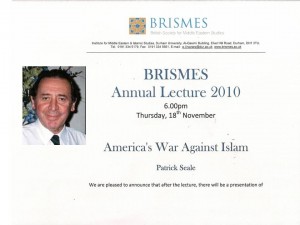
Obama ‘must talk to Afghan Taliban'
By Staff Reporter
AFP Global Edition
Dec 11, 2010 11:36 EST
A group of influential international experts on Afghanistan Saturday appealed to US President Barack Obama to radically change his strategy in the war-ravaged nation and negotiate directly with the Taliban.
. . . . . . .
“It is better to negotiate now rather than later, since the Taliban will likely be stronger next year.”
“The situation on the ground is much worse than a year ago because the Taliban insurgency has made progress across the country,” the letter said.
“The Taliban today are now a national movement with a serious presence in the north and the west of the country.”
. . . . . . .
“Like it or not, the Taliban are a long-term part of the Afghan political landscape and we need to try and negotiate with them in order to reach a diplomatic settlement. The Taliban's leadership has indicated its willingness to negotiate and it is in our interests to talk to them.”




